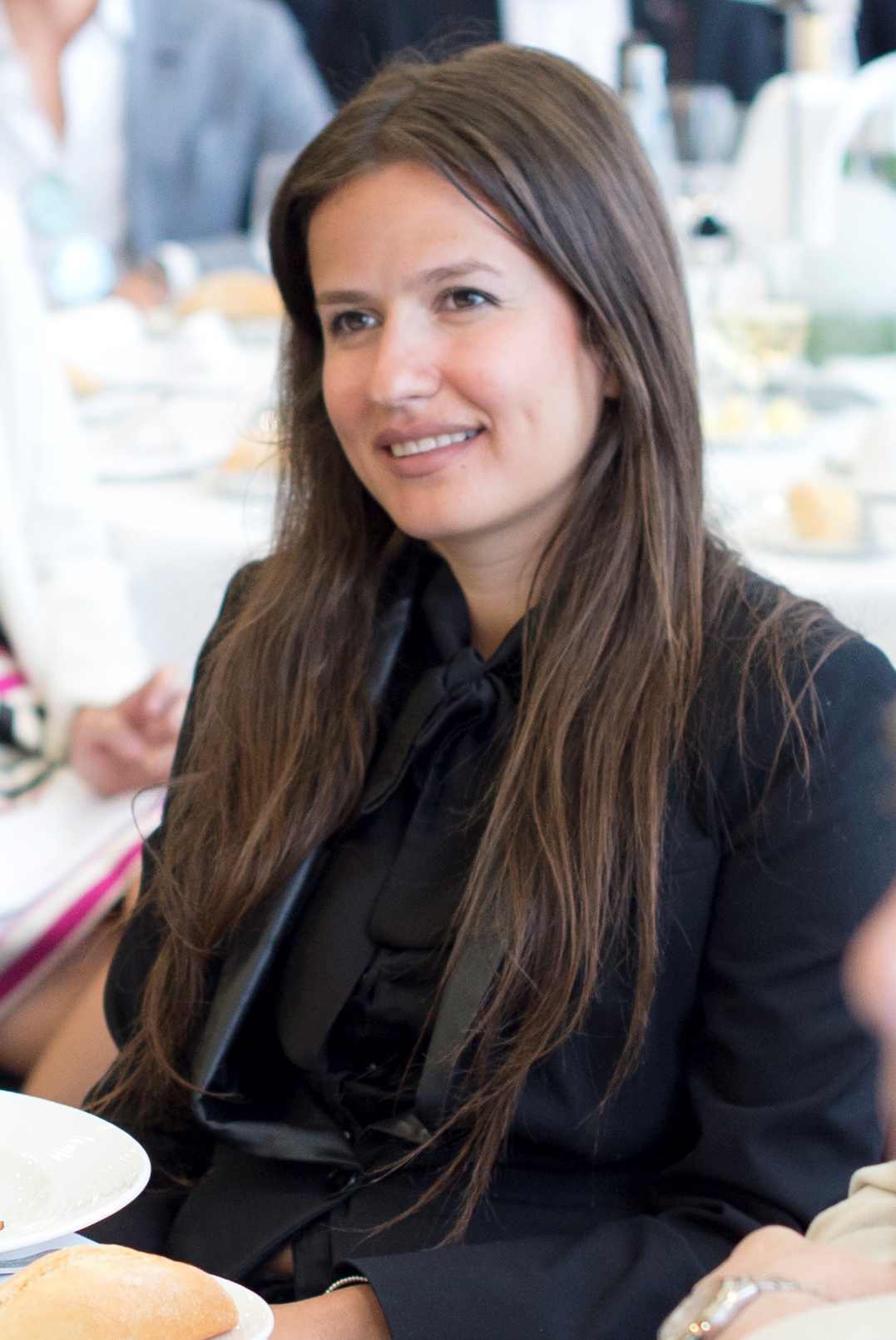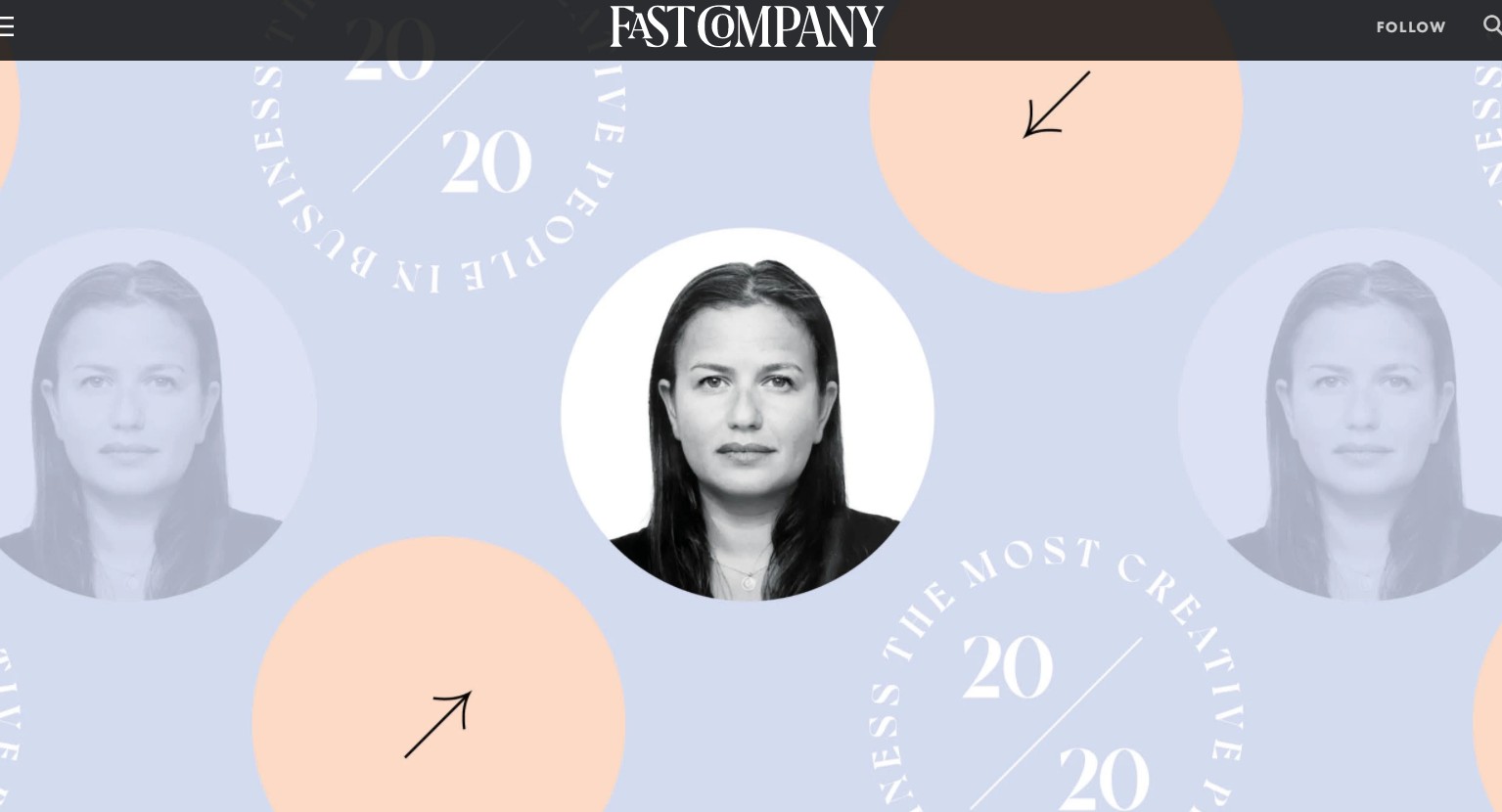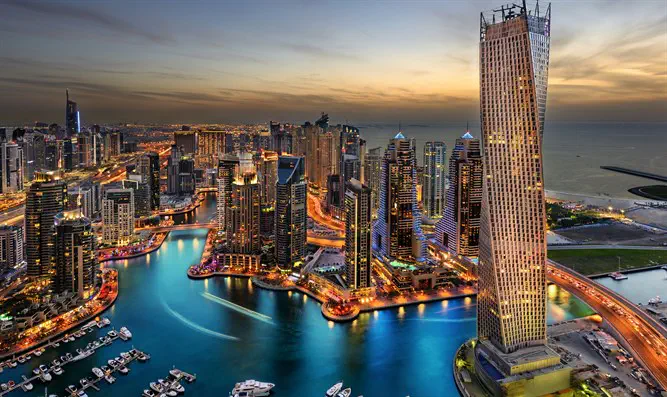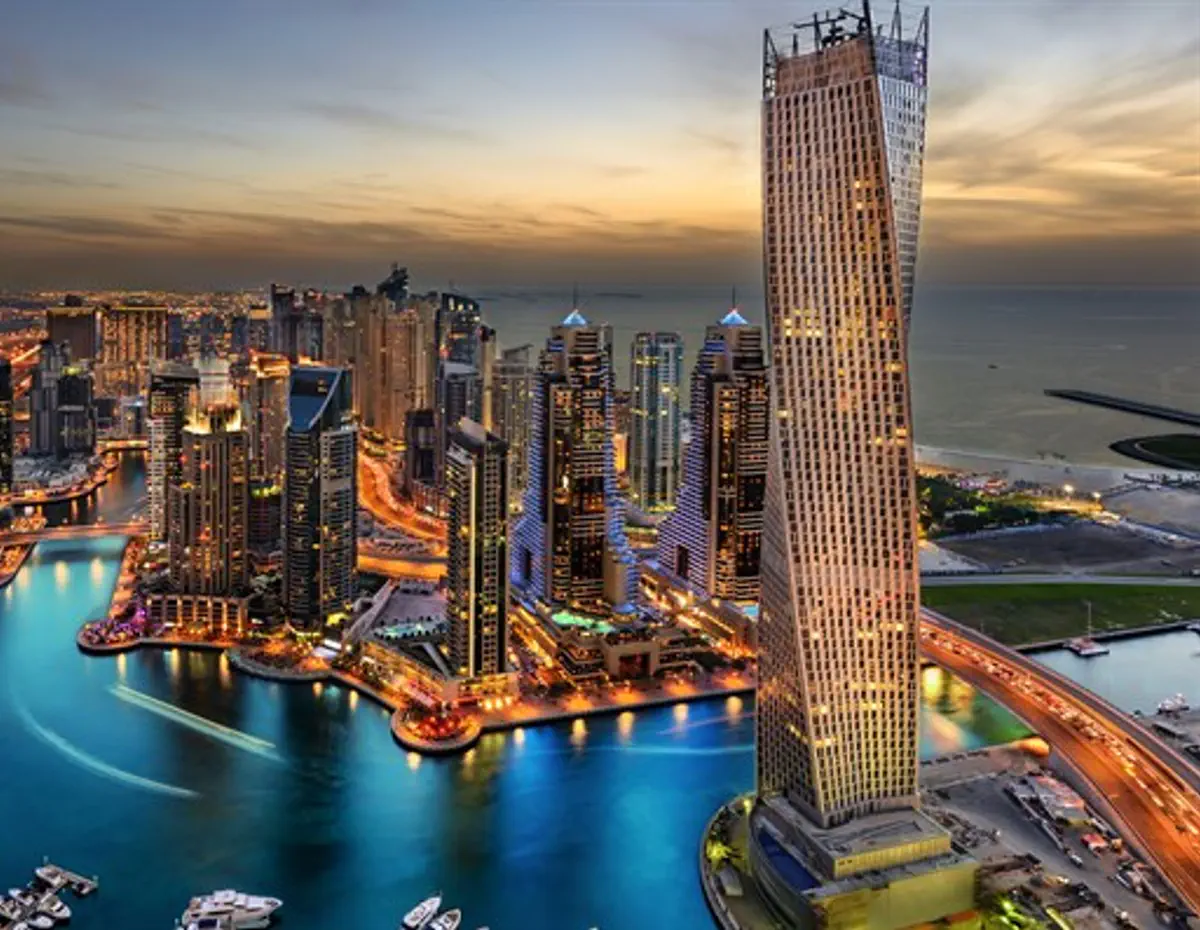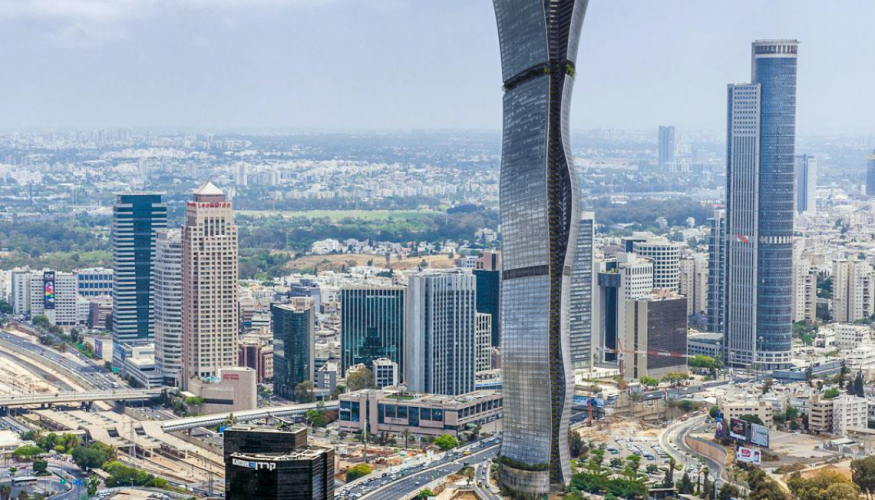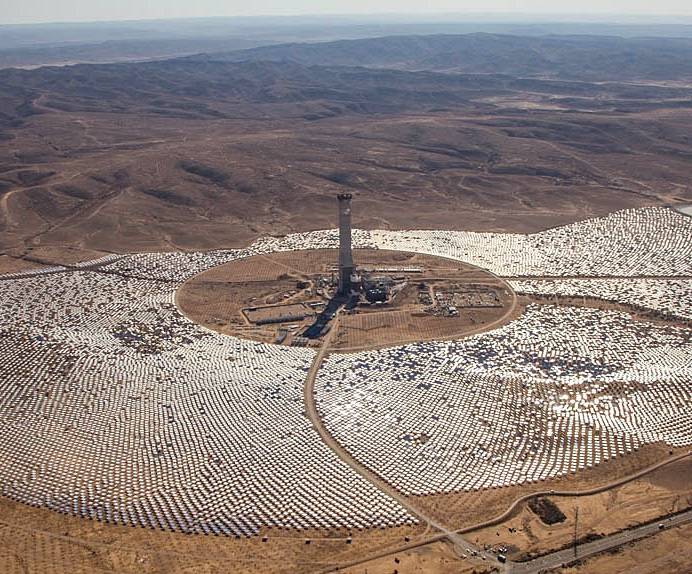Mindful
Diamond Member
- Banned
- #101
So the U.S. has to bribe Israel with $3.8 billion of taxpayer money to buy our products? Quite the racket Israel has going on.Since Israel receives roughly $3.8 Billion in aid from the United States while purchasing roughly $12.2 Billion in goods and services from the United States
Maybe I should see if WalMart and Target will pay me money to shop at their stores?
I wonder if Harvard teaches this business model to their students majoring in economics? ...
Spin it any way you like.
You’re not convincing me.

